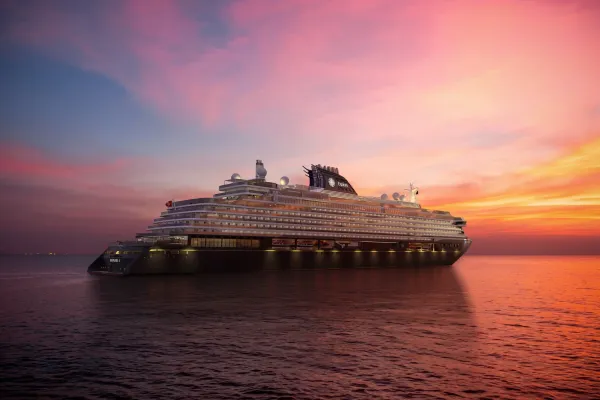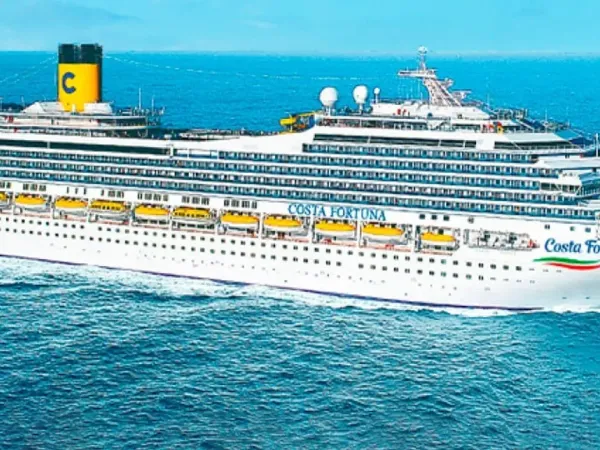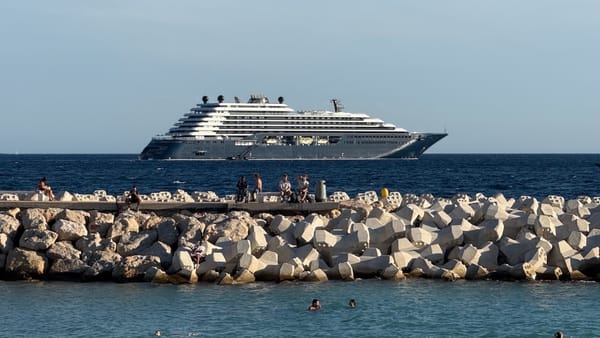Scholz commits to saving Germany's luxury shipbuilder

In a significant political move, German Chancellor Olaf Scholz has pledged to support the country's luxury shipbuilding industry, focusing primarily on the iconic luxury shipbuilder that has stranded financial difficulties. This initiative reflects Germany's commitment to maintaining its reputation as a leading player in the global maritime manufacturing sector, particularly in the luxury segment.
The luxury shipbuilding industry in Germany has faced numerous challenges in recent years, including market fluctuations, increasing competition from international companies, and the impact of global economic uncertainties. In light of these factors, Scholz's government aims to provide financial assistance and strategic support to ensure that the luxury shipbuilder does not succumb to its current predicaments.
The Importance of the Luxury Shipbuilding Sector
Germany's luxury shipbuilders are recognized for delivering high-quality yachts and vessels that embody sophistication and state-of-the-art technology. This sector contributes significantly to the national economy through job creation and export revenues. The luxury shipbuilding industry not only represents craftsmanship but also showcases German engineering prowess on a global scale.
Addressing the challenges faced by luxury shipbuilders is crucial, as these companies represent a key component of Germany's overall maritime expertise. The ships crafted by these builders often become floating examples of luxury and innovation, attracting clientele who seek exclusive marine experiences.
Government Support Measures
In his recent announcement, Scholz identified specific measures that the government would implement to stabilize the luxury shipbuilding sector. These measures include financial assistance to help shipbuilders operationalize and modernize their facilities. The focus will also be on fostering research and development to innovate further in sustainability and technology.
Additionally, the government is proposing partnerships between luxury shipbuilders and technology firms. This collaboration aims to incorporate cutting-edge solutions, thus enhancing the competitiveness of the German luxury shipbuilding industry on the world stage.
Market Challenges and Opportunities
The luxury shipbuilding market currently faces significant challenges, including rising production costs and fierce competition from builders in other countries. American and Asian firms, for example, have been increasingly capturing market share through more aggressive pricing and unique designs.
Despite these challenges, there are numerous opportunities for growth in near-water tourism and eco-friendly luxury ships. As demand for bespoke, environmentally friendly vessels rises, German luxury shipbuilders are uniquely positioned to meet this evolving consumer demand.
Long-Term Vision
Scholz’s pledge is rooted in a long-term vision for sustainable growth within the luxury shipbuilding sector. By investing strategically, the German government aims to position the industry as a leader in luxury maritime experience while adhering to responsible business practices and ecological considerations.
This vision supports both capitalism and environmental stewardship, allowing the luxury shipbuilding market to thrive without compromising environmental integrity.
Conclusion
The recent commitment from Chancellor Scholz to keep the luxury shipbuilder afloat is not just about saving jobs; it’s about fostering a heritage of craftsmanship that defines a nation. As the luxury shipbuilding sector navigates a challenging market landscape, this government support can prove vital in safeguarding its future and enhancing its global competitiveness.
FAQs
What is the significance of luxury shipbuilding in Germany?
Luxury shipbuilding holds a prestigious place in Germany's industrial landscape, contributing to high-quality manufacturing and economic growth.
How is the German government planning to support the luxury shipbuilder?
The government plans to provide financial assistance, promote partnerships, and encourage innovation to stabilize the industry.
What challenges does the luxury shipbuilding sector face today?
Challenges include market fluctuations, increasing production costs, and competition from international firms.
What opportunities exist for the luxury shipbuilding industry?
Opportunities include the rising demand for eco-friendly vessels and customized luxurious experiences for consumers.
How does government support impact the luxury shipbuilding sector's future?
Government support can help foster innovation, sustain jobs, and enhance the competitiveness of the luxury shipbuilding industry on a global scale.




